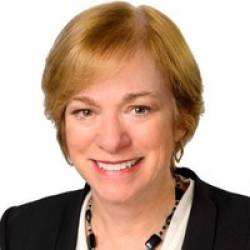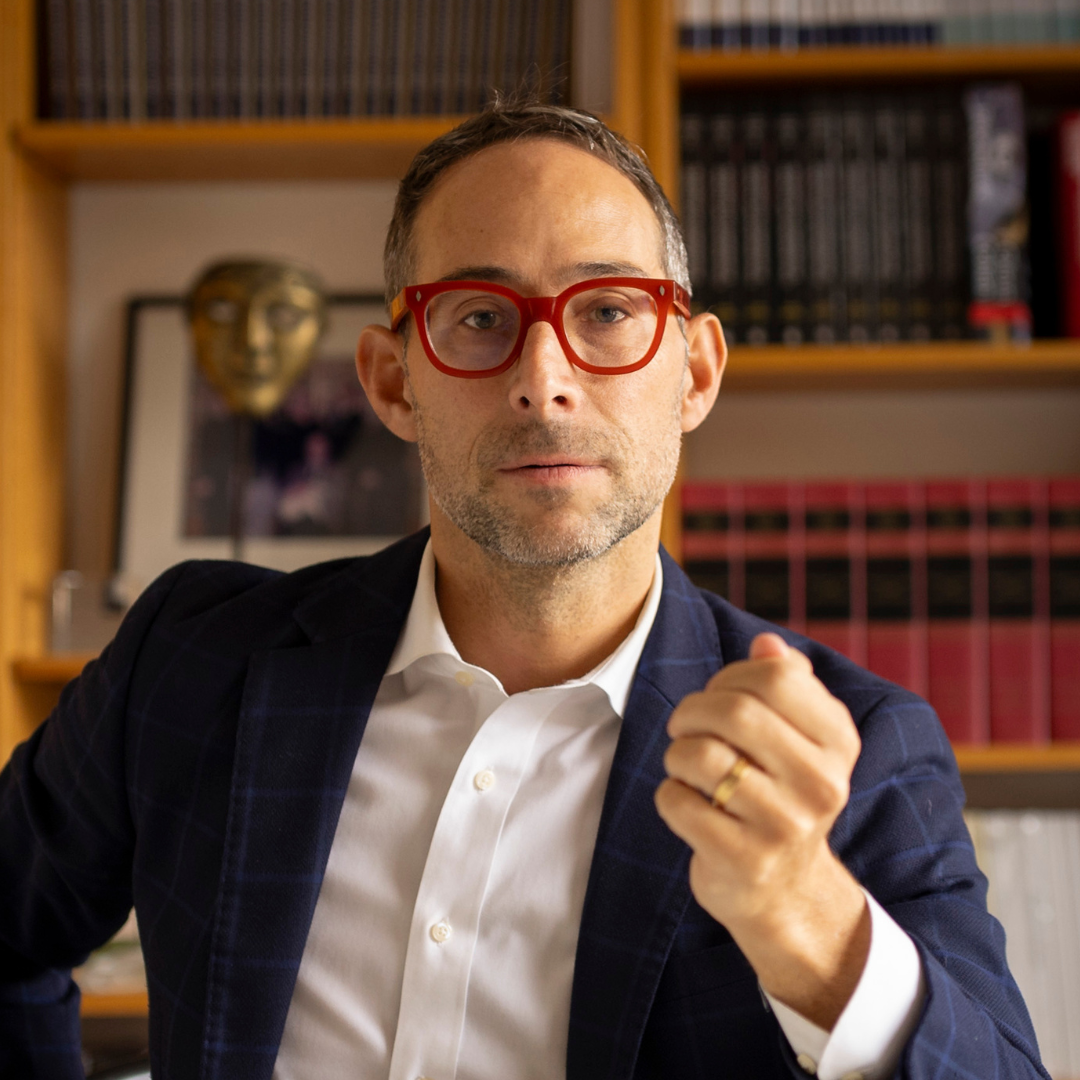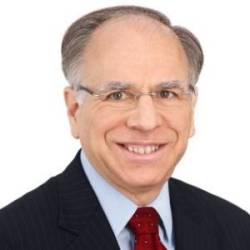Project on Advanced Care and Health Policy
Overview
Launched in March 2016, the Project on Advanced Care and Health Policy seeks to study and foster development of improved models of care for individuals with serious advanced illness nearing end-of-life, and to apply interdisciplinary analysis to important health law and policy issues raised by the adoption of new person-centered approaches to care for this growing population. It includes a Senior Fellowship, public symposia and events, and policy and research projects.
The Project is a collaboration between the Petrie-Flom Center and the Coalition to Transform Advanced Care (C-TAC), a non-partisan, non-profit alliance of over 130 national organizations dedicated to being a catalyst to change the health delivery system, empower consumers, enhance provider capacity and improve public and private policies in advanced illness care.
Background
Most Americans eventually will face advanced illness, which occurs when one or more conditions become serious enough that general health and functioning decline, treatment begins to lose its effect, and quality of life increasingly becomes the focus of care – a process that can take months or years and continues to the end of life. People with advanced illness are at higher risk for unnecessary hospitalizations, unwanted treatment, adverse drug reactions, and conflicting medical advice. They confront a system that is fragmented, uncoordinated, and poorly equipped to provide the care they need, leaving them to fend for themselves. The current system also results in high healthcare costs for families and our country, which now spends over 25% of all Medicare dollars for care during the last year of life.
In June 2015, C-TAC issued the Advanced Care Report, which describes a framework for an advanced care model based upon evidence-based best practices. Under the advanced care model, personal values drive treatment decisions, a customized blend of palliative and curative care can be provided, care management through interdisciplinary teams coordinates care and provides support across settings, and the focus of care typically moves from the hospital to the home and community. The advanced care model provides a bridge from fee-for-service to valued-based payment and population health.
Current health care law policy and regulation, developed largely in a fee-for-service environment with siloed providers, creates barriers that may impede widespread adoption of improved models of care for those with advanced illness. This creates multiple opportunities for the Project on Advanced Care and Health Policy to drive improvement.
Senior Fellow
The role of the Senior Fellow is to advance the work of the Project, develop a policy/research agenda for the Project, plan symposia and panel discussions, and be available as a resource for interested members of the Harvard community.
Cheryl Matheis, J.D., is the second Senior Fellow in Advanced Care and Health Policy. Cheryl is a Strategic Advisor with the Coalition to Transform Advanced Care (C-TAC), a national organization of more than 160 diverse institutional members united in the goal of assuring that all Americans with serious illness — especially the sickest and most vulnerable — receive high-quality, person- and family-centered care. She advises C-TAC in planning and strategy based on her deep experience in law, public policy, communications, external relations, and operations.
Cheryl is a recognized expert in health care, aging, and consumer law and policy. Prior to her current role at C-TAC, she served in various high-level positions with AARP for more than 25 years. She devised and implemented strategies at AARP that accomplished key legislative and regulatory goals. Cheryl’s experience also includes serving in the Civil Rights Division of the U.S. Department of Justice and in private law practice.
As Senior Fellow, Cheryl will pursue original research, mentoring, and public engagement on legal issues related to advanced care and the law. Cheryl will examine changes in advanced illness care brought about by forward-thinking care delivery systems and policymakers. She will engage health systems, provider groups, innovators, state coalitions, federal and state initiatives, and multi-stakeholder collaborations in an examination of these promising practices and areas of opportunity. Through expert symposia and public events, Cheryl will build on this work to foster focused discussion of how the law can more effectively respond to developments in care for people with serious and advanced illness.
Symposia and Events
The Project hosts a variety of public events and workshops with business leaders, policymakers, and legal scholars. Future events will likely include discussion of:
- Policy options to promote improved advanced illness and end-of-life care
- How to incorporate improved advanced illness care into delivery and payment reforms, for example, through patient-centered medical homes, bundled payments, ACOs, and other initiatives
- Overcoming obstacles to successful advance care planning – engaging the community, providing access to care planning tools, and measuring congruity with expressed goals and preferences
- Preparing for the “Silver Tsunami” – supporting the critical role of caregivers and addressing workforce shortages
- Stretching the medical model – faith-based and other initiatives to mesh medical services with community supports
- Person-centered care across the globe – can successes be transplanted without rejection?
Policy and Research Projects
Because the health care system evolved largely in a fee-for-service environment with siloed providers, current regulatory frameworks can impose obstacles to adoption of innovative models of caring for those with advanced illness. As the Project ramps up, it will engage in policy and research projects that will identify and analyze these obstacles, and propose policy solutions that promote development and scaling of successful programs. This may entail developing proposed regulatory approaches or a model regulatory framework for the advanced care delivery model that could be adopted by policymakers at the state and federal level. It also could explore potential payment methodologies for this model of care.


